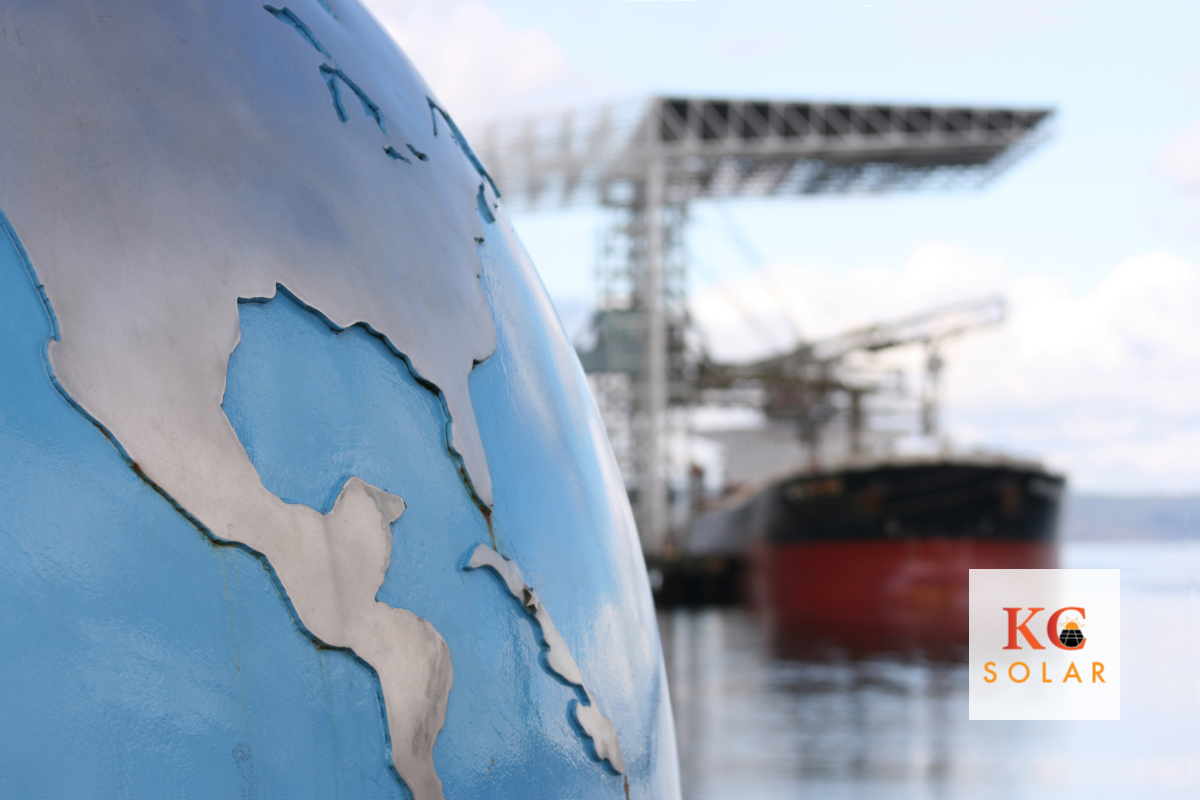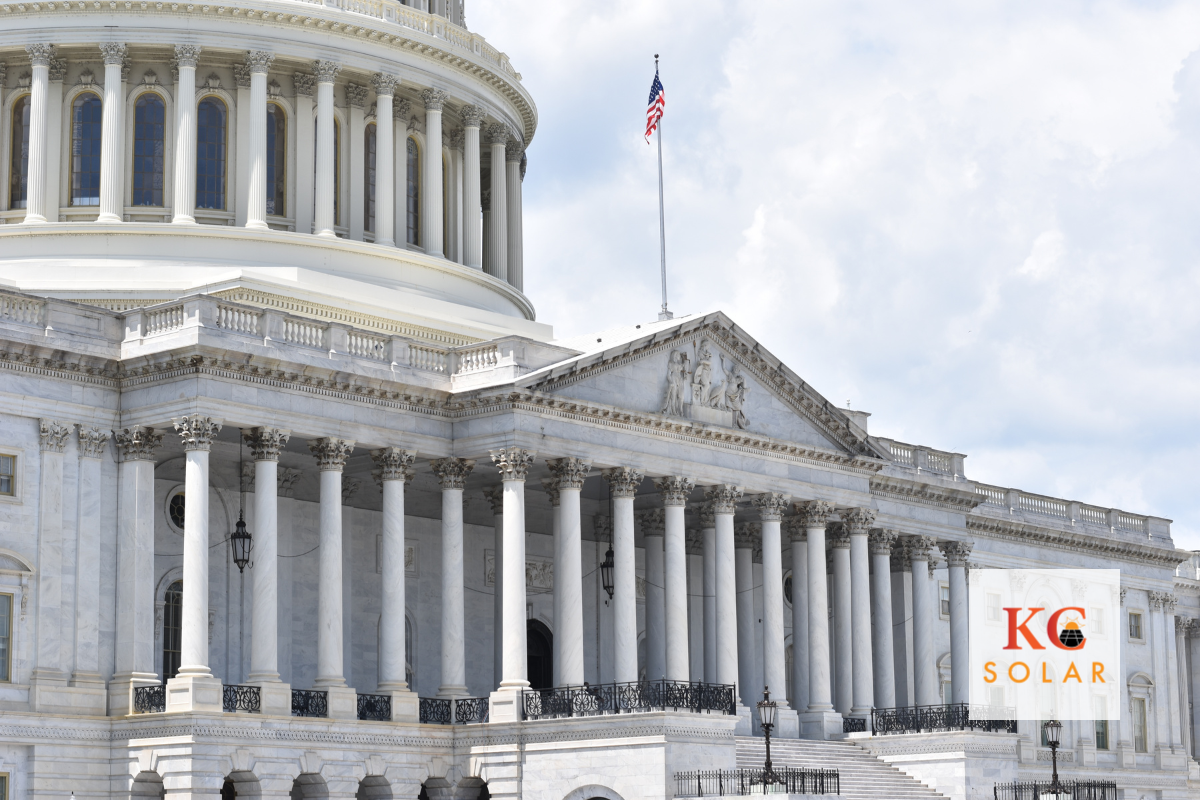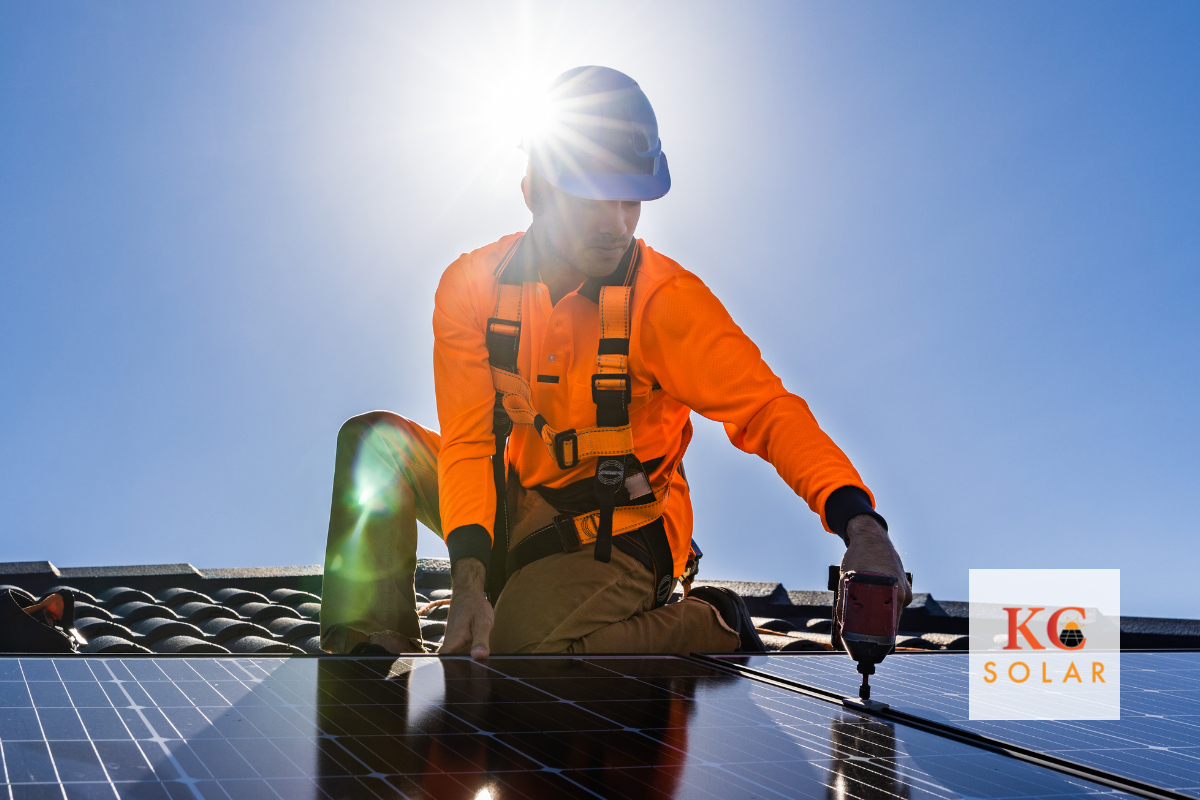In recent years, the growth of solar energy in the U.S. has come a long way. But the solar industry isn’t just shaped by technological advancement and market demand — government policies, including incentives and tariffs, also play a big role.
A major solar tariff exemption recently came to an end, this past June. Keep reading to learn more about how solar tariffs work, the history of tariff exemptions, and the potential impact of their expiration on the solar industry.
Understanding Solar Tariffs and Solar Tariff Exemptions
Solar tariffs are essentially taxes imposed on imported solar products, including solar panels and cells. These tariffs are designed to protect domestic manufacturers from foreign competition, particularly from countries with lower production costs.
In the U.S., solar tariffs have mainly targeted imports from countries like China, Malaysia, Vietnam, and other Southeast Asian nations. The rationale behind these tariffs is to prevent dumping — which means selling products at prices lower than their market value to undermine local businesses — and to encourage the growth of domestic solar manufacturing.
To balance the need for protecting domestic industries with the goal of making solar energy affordable and accessible, certain solar tariff exemptions have been granted over the years. These solar tariff exemptions apply to specific products, manufacturers, or solar components sourced from particular countries.
The exemptions have been vital because they helped keep the costs of solar projects lower, thereby supporting the broader adoption of solar energy across the United States.
The Biden Administration’s Solar Tariff Exemptions
A significant development in the realm of solar tariffs occurred in June 2022, when the Biden administration announced a 24-month exemption from solar tariffs for certain Southeast Asian countries.
This decision was primarily driven by a need to stabilize the U.S. solar market, which was facing supply chain disruptions and uncertainty due to ongoing trade investigations. The administration’s aim was to ensure a steady supply of solar panels to support the country’s ambitious clean energy goals, such as achieving a carbon-free power sector by 2035.
Additionally, the U.S. government has been navigating the implications of the Section 201 tariffs, initially imposed during the Trump administration in 2018. These tariffs targeted a wide range of solar products to protect domestic solar panel manufacturers.
In early 2022, President Biden extended these tariffs for another four years but introduced modifications to soften their impact. Notably, bifacial solar panels (panels that capture sunlight on both sides) were exempted from the tariffs, and the import quota for solar cells was doubled, which aimed to strike a balance between protecting domestic manufacturing and supporting solar deployment.
The Implications of Expiring Exemptions
Now that we’ve passed the 24-month period of exemption, the solar industry is still grappling with what those changes mean. The expiration of these exemptions could have several implications:
Increased Costs for Solar Projects
Exemptions expiring without renewal or replacement will likely lead to the cost of importing solar panels from exempted countries rising due to the re-imposition of tariffs. This would lead to higher overall costs for solar projects in the U.S., potentially making solar energy less competitive compared to other energy sources.
Higher costs could also slow down the adoption of solar energy, impacting the growth of the industry.
Impact on Solar Industry Jobs and Growth
The U.S. solar industry has been a significant source of job creation, with thousands of jobs added annually. Increased costs and uncertainty around tariffs could lead to project delays or cancellations, adversely affecting employment in the sector.
Additionally, the growth of domestic manufacturing, which the tariffs aim to protect, may not be sufficient to meet the demand for solar products, leading to supply shortages.
Uncertainty for Developers and Investors
The expiration of tariff exemptions creates uncertainty for solar developers and investors. Project planning, timelines, and financial modeling become challenging in the absence of clear and stable tariff policies. This uncertainty can deter investment and slow down the pace of solar energy deployment in the U.S. source.
Impact on Clean Energy Goals
The U.S. has set ambitious targets for reducing greenhouse gas emissions and increasing the share of renewable energy in its energy mix. Any slowdown in solar energy deployment due to increased costs and uncertainty could hinder progress toward these goals.
Expanding domestic manufacturing capabilities to meet demand may take time, during which the U.S. could face challenges in achieving its clean energy objectives.
Navigating the Solar Tariff Landscape
As the U.S. solar industry navigates these challenges, it is crucial for stakeholders, including policymakers, industry leaders, and advocacy groups, to engage in dialogue and find solutions that balance the interests of domestic manufacturers with the need for affordable and accessible solar energy.
In the short term, the industry must prepare for potential fluctuations in costs and supply chain disruptions. In the long term, investments in domestic manufacturing capabilities, innovation in solar technologies, and supportive government policies will be essential to ensure the sustainable growth of the U.S. solar industry and the achievement of the country’s clean energy goals.
For Your Local Solar Needs, KC Solar Is Here
At KC Solar, we are paying close attention to the larger solar industry in the U.S., and we’re always working to bring the best solar solutions to our customers.
If you are looking for the best solar company in Kansas City, look no further than KC Solar. We are your local Kansas City solar panel installation experts. Once you schedule a no-pressure site visit, our experts will help you understand what solar system specifications would be best for your home or business.
KC Solar is a local company made up of KC natives with KC pride — in our city, and in our work. Which means we’ll always give you the best of ourselves.
And be sure to download our Free Solar Panel Buying Guide for more information.
We look forward to serving you!






